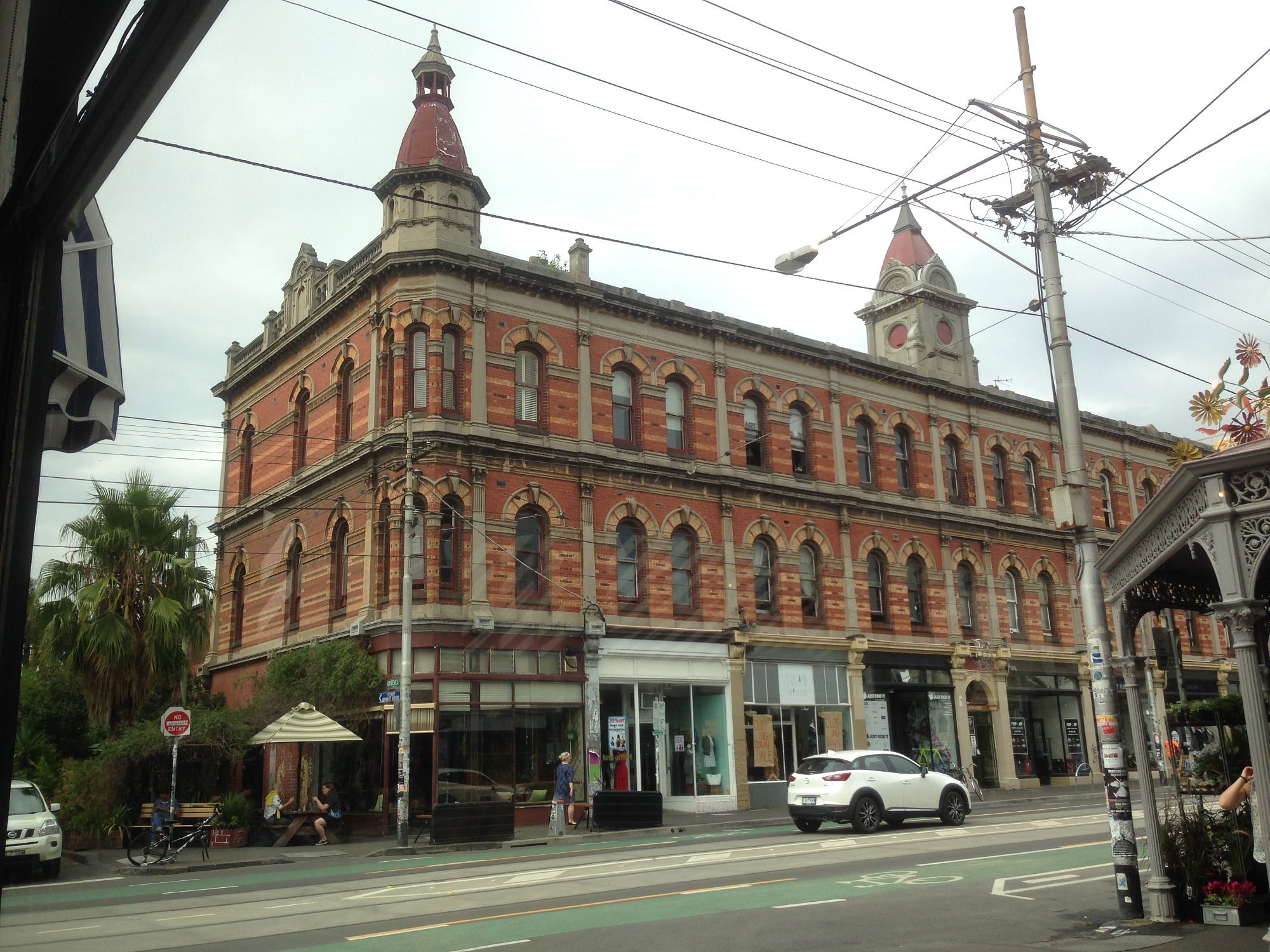Month: September 2003
-

Fitzroy as a post-industrial frontier
Post-Industrial Frontiers The suburb of Fitzroy may not be one of the most significant nodes in the globalised world but in a similar way to other inner city districts of Melbourne and elsewhere it does have significant symbolic engagements with the world. Because it is Melbourne's oldest suburb (and thus richly historically layered) and because…
-
Gentrification in Fitzroy
Fitzroy is the archetype of a post-industrial Australian suburb. As Manual Castells, the Economic Geographer Kevin O'Connor, and a plethora of other authors argue, post-industrialism is the underlying catalyst for the present globalisation process.[1] Inner city Australian communities are experiencing rapid gentrification, closing factories, rising rents and property values, and the appropriation of the working…
-

What is globalisation?
Thankfully, globalisation is not understood as being one thing. Different groups (depending on their social and geographical positioning) interpret it in various ways depending on their own political circumstances. The minimal working definitions of globalisation (or dare I say ‘globalism’) circulate around the belief that complex interconnections are rapidly developing between societies, institutions, cultures, collectives…
